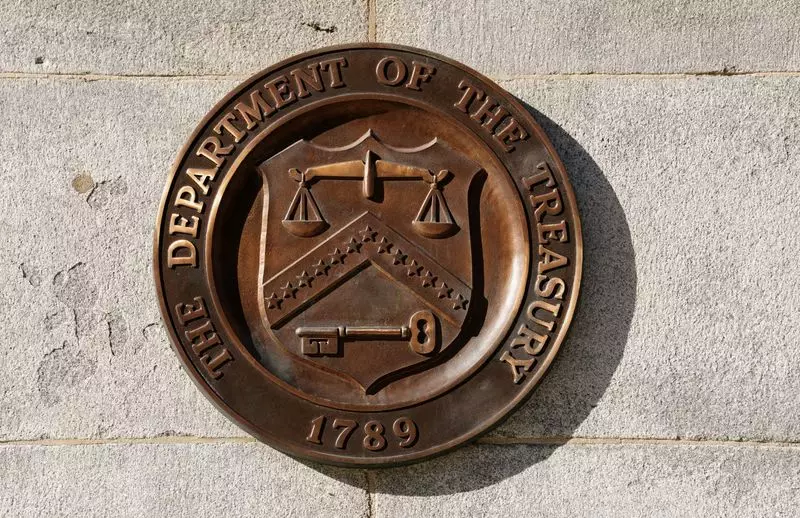In the ever-evolving realm of finance, few narratives stand out quite like that of Scott Bessent. Having carved a remarkable niche for himself within the investment landscape, Bessent’s track record boasts affiliations with luminaries such as George Soros and Jim Chanos. However, his future taking the helm of the U.S. Treasury distinguishes him even further among the considerable roster of Wall Street veterans.
Scott Bessent’s financial acumen is grounded in a wealth of experience across different segments of the finance world. His career trajectory began not in a vacuum but against the backdrop of economic uncertainty in his small hometown of Little River, South Carolina. With a father who faced the cyclical nature of real estate investment, Bessent was acutely aware of the fragility of financial stability from a young age. This early insight into economic fluctuations shaped his investment philosophy and later informed his strategies as a hedge fund manager and now a potential leader in government.
Bessent’s professional path reflects an evolution through some of the finance industry’s most significant milestones. His notable time spent at Soros Fund Management, where he played an instrumental role in one of the firm’s most profitable trades—shorting the British pound—afforded him a reputation as an astute market strategist. This success was not merely a stroke of luck; it was a testament to his deep understanding of macroeconomic trends.
As Bessent makes his way towards the U.S. Treasury, his established connections within the political arena cannot be overstated. Having known the Trump family for decades, and serving as an economic advisor to Donald Trump’s presidency, Bessent embodies the intertwining of finance and politics—a trend that has become increasingly prevalent in recent years. This relationship suggests a potential for implementing policies that echo his belief in tax reform and regulatory changes aimed at invigorating lending and promoting energy production.
His views align closely with those advocating for a more pro-business atmosphere, reflecting a desire to stimulate economic growth. Bessent’s thoughts on deregulation resonate with many investors who view government intervention as a barrier to financial vitality. The implications of these guiding philosophies will be crucial as he transitions into a role with significant implications for the country’s fiscal landscape.
Despite his extensive background, taking over the U.S. Treasury will come with its own unique challenges. The economic landscape post-pandemic fluctuates sharply, characterized by high inflation rates and a tumultuous labor market. Bessent’s experience with macroeconomic trends could prove invaluable, but implementing his vision will require navigating the complexities of government bureaucracy as well as bipartisan collaboration—a far cry from the agile decision-making processes of hedge funds.
Moreover, Bessent’s financial success might invite skepticism from detractors who question the implications of electing another finance professional to a prominent government position. They may argue that such appointments perpetuate a system overly centered on financial metrics, potentially disregarding the broader socio-economic consequences of economic policy decisions.
As Scott Bessent steps into the spotlight, the interplay of his investment expertise and his strategic vision for the U.S. Treasury will undoubtedly spark considerable interest and speculation. His unique background, closely linked with the highs and lows of financial markets, brings both promise and apprehension.
Navigating the intersection of finance and governance requires not only an understanding of economic principles but also an acute awareness of the implications of policy on the everyday lives of Americans. If Bessent can synthesize his investment insights with effective governance strategies, he may herald a new chapter for the U.S. economy—one that encourages growth while also considering the welfare of its citizens. Whether he can achieve this will be a significant determination of his legacy in the financial and political arenas.


Leave a Reply